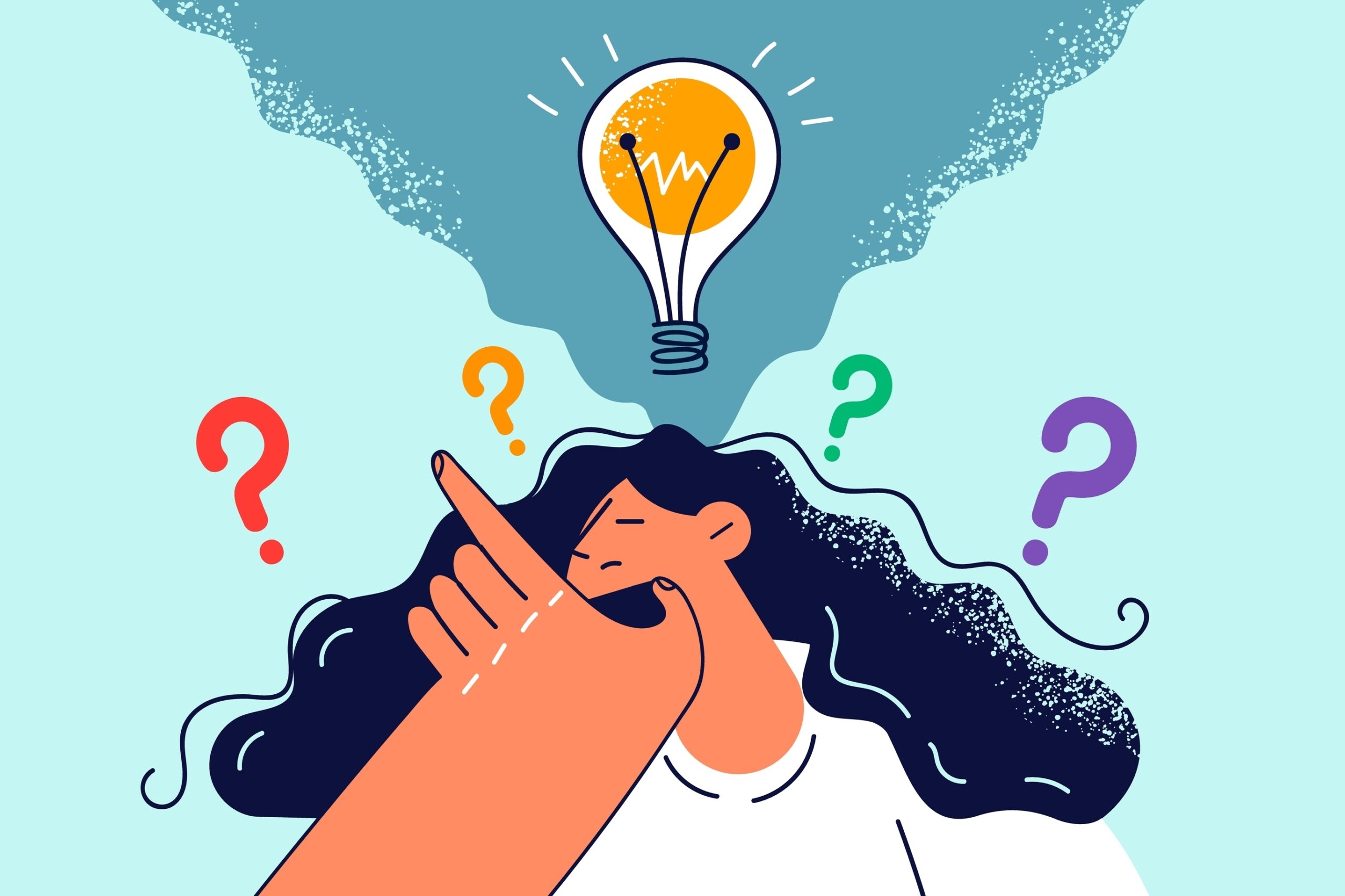The babble of a Himalayan stream and the occasional bray of a mountain goat were the only sounds pervading the Sambhaavnaa Institute of Public Policy and Politics, as it opened its doors to 45 participants for a five-day residential workshop on understanding the Constitution for social change. Enveloped in the stillness of Kandbari, I could finally hear my own thoughts. And here, at We The People, I found plenty food for thought.

The course summoned a diverse bunch of lawyers, social workers, community leaders, student activists and the curious hailing from different parts of the country. Bound by the common thread of being Indian and a need to better understand the Constitution, the cohort felt like a representative cross-section of public the document was meant to serve.
I had embarked on the journey expecting a refresher Civics lesson, but found myself confronting realities and sitting with uncomfortable truths. The days were packed with lively discussions, case studies, storytelling and theatre exercises. The nights echoed with slogans, resistance poetry and revolutionary songs. We dissected the Constitution, 75 years since it was drafted, and examined how much of the intended vision had transpired into reality today. Yet, how much of its foresight could not have anticipated the state of democracy today.
“Without fraternity, equality and liberty will be no deeper than a coat of paint.”
Dr. B. R. Ambedkar
In examining the foundational principle of fraternity and the late addition of the word to the Preamble, we analysed how liberty and equality can be weaponised without fraternity. An equation that rings true in the tech space as in a democracy. Unchecked free speech in the name of liberty breeds misinformation and polarisation. Algorithms doling out equal treatment end up codifying existing structural inequalities and fail the marginalised. In order to work toward equitable and inclusive tech, we must first recognise and address the existing digital divide.
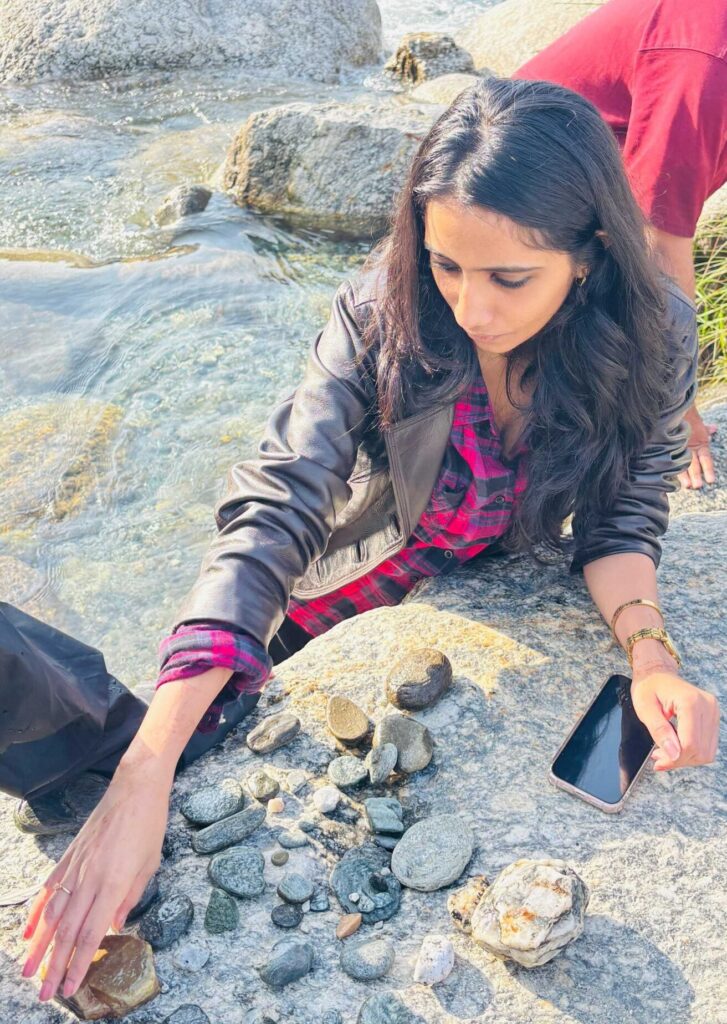
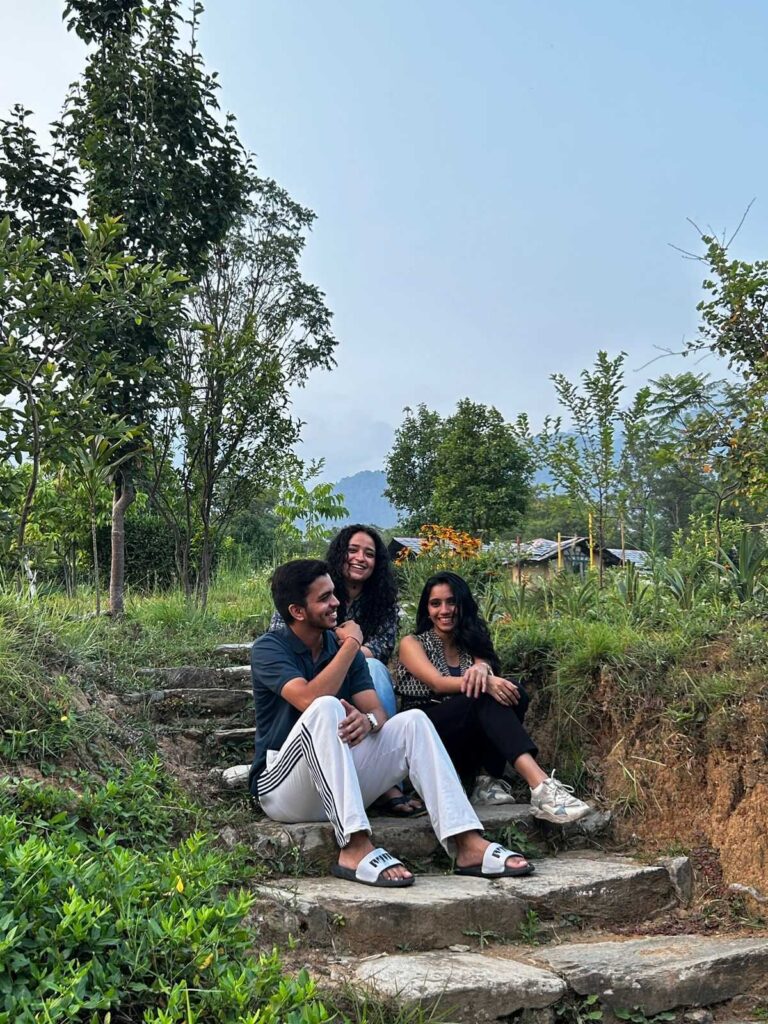
My only real brush with legislation before this workshop was when I helped host the CDF Youth Dialogue Forum public consultation on the Digital Personal Data Protection (DPDP) Rules. We facilitated civic participation by helping attendees overcome the obstacles of legal jargon, vague definitions and inaccessibility. The workshop cemented the significance of this exercise from a digital and human rights perspective. Constitution literacy is also information literacy. It’s about empowering citizens at the short end of power asymmetries against government and corporations.
The workshop became a microcosm, representing the gap between rights and freedoms on paper and in practice. Even in a democratic space, some voices were heard louder than others. Representation felt akin to tokenism. There were moments when one person’s freedom of speech conflicted with another’s right to safety and dignity. It served as a reminder that our rights are not static and need to be constantly exercised and defended.
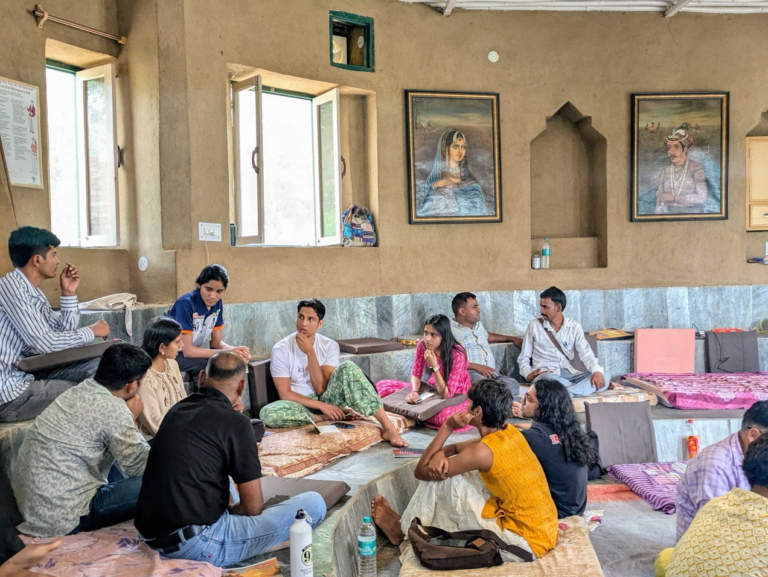
The resource persons didn’t prescribe answers. Instead, they encouraged us to dive into different interpretations of the Constitution and analyse it in light of our own lived and shared experiences. To question the status quo and relate how each constitutional provision plays out for us every day.
Didi Contractor’s sustainable architecture against the backdrop of the Dhauladhar mountains created the perfect space and setting for reflection and learning. The absence of light pollution on campus meant a star-studded sky and fireflies were all I could see. And yet, I could see more clearly than before.
Farzana Simran Anzarudeen
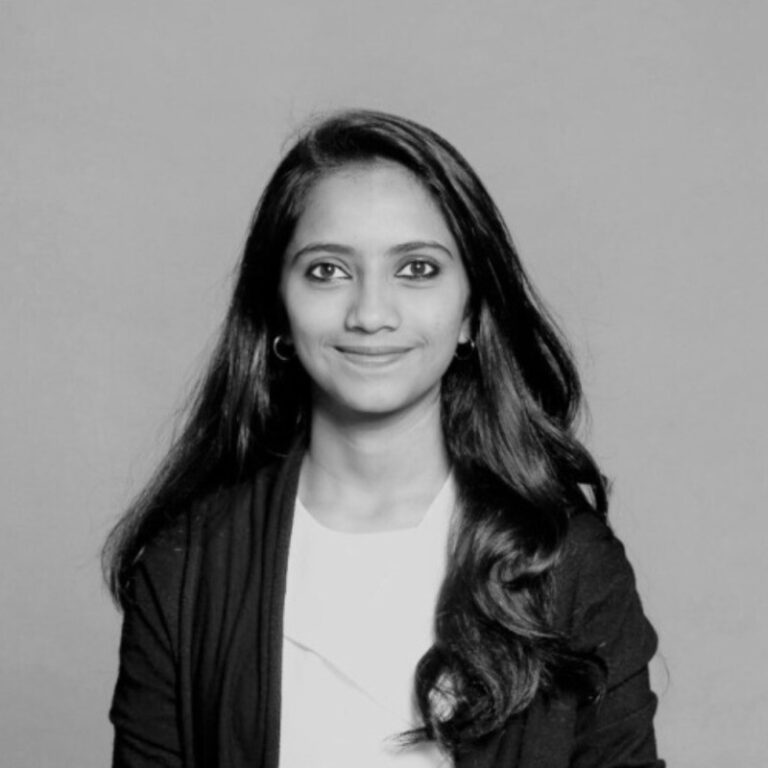
Farzana Simran Anzarudeen is a Communications Officer at CDF and a linguist exploring the social impact of tech and AI.

